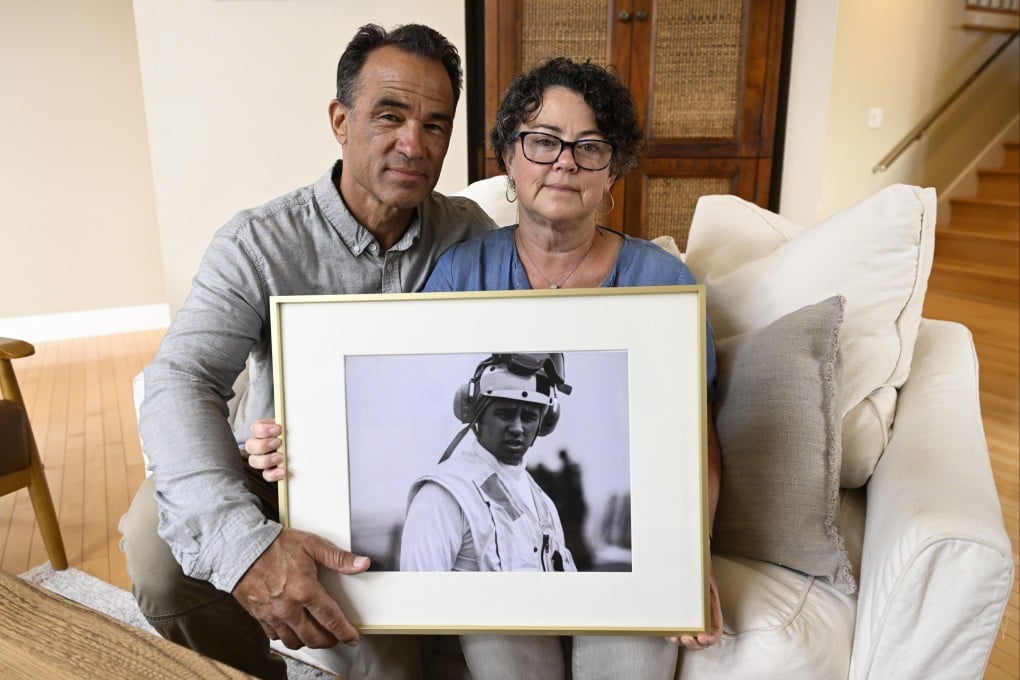Accident or negligence? US naval officer in Japan faces prison over deadly crash – family claims mountain sickness
- Ridge Alkonis’ car veered into stationary cars and pedestrians in a car park, striking an elderly woman and her son-in-law, both of whom later died
- His parents are pleading for leniency for what they say is a terrible accident but which prosecutors view as deadly negligence

For Ridge Alkonis, a US Navy lieutenant living in Japan, a springtime trip with his wife and three children to Mount Fuji was intended as fun and leisurely family time before an expected deployment.
What happened next, and why, is a matter of dispute. But it resulted in a three-year prison sentence.
Alkonis’ family and supporters said the naval officer abruptly lost consciousness in the car, causing him to slump over behind the wheel after suffering acute mountain sickness. Japanese prosecutors and the judge who sentenced him contend he fell asleep while drowsy, shirking a duty to pull over immediately.
Whatever the cause, Alkonis’ car veered into stationary cars and pedestrians in a car park, striking an elderly woman and her son-in-law, both of whom later died. With a Japanese court set to hear an appeal on Wednesday of Alkonis’ prison sentence, his parents are pleading for leniency for an incident they say was nothing more than a terrible accident but that prosecutors view as deadly negligence. He is home in Japan pending the appeal.
“The word that comes to our mind is fairness. We want him to be treated fairly for an accident,” said Alkonis’ father, Derek Alkonis, from California. “We do not feel like it’s been that way. We know it has not been that way. And it concerns us that our son has been given a three-year prison sentence for an accident.”
The victims’ families could not be contacted because their names are redacted in court records.